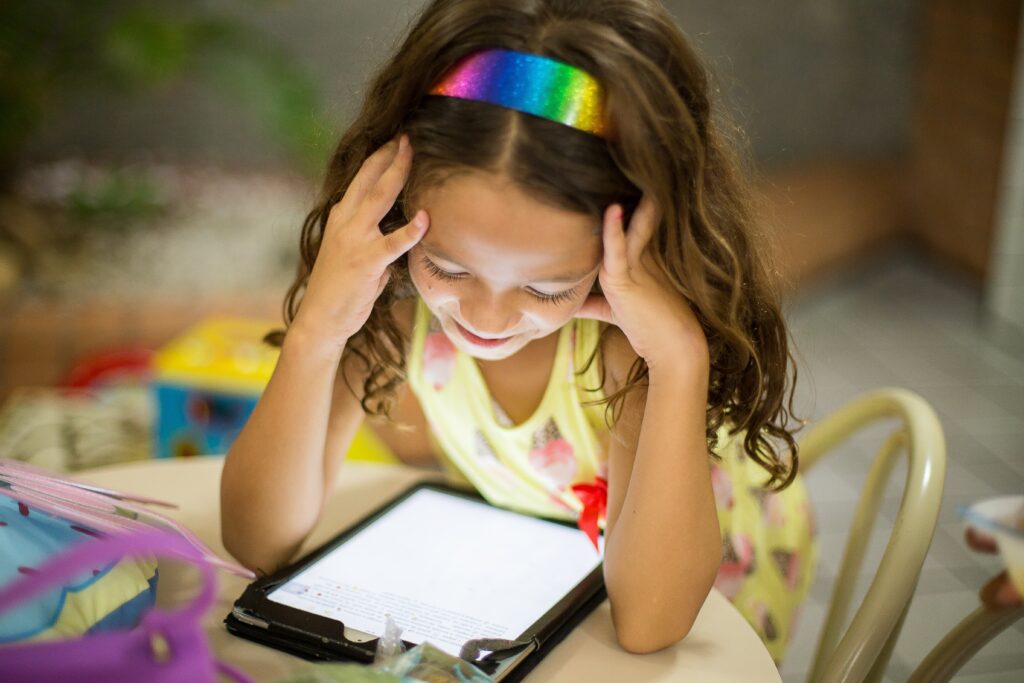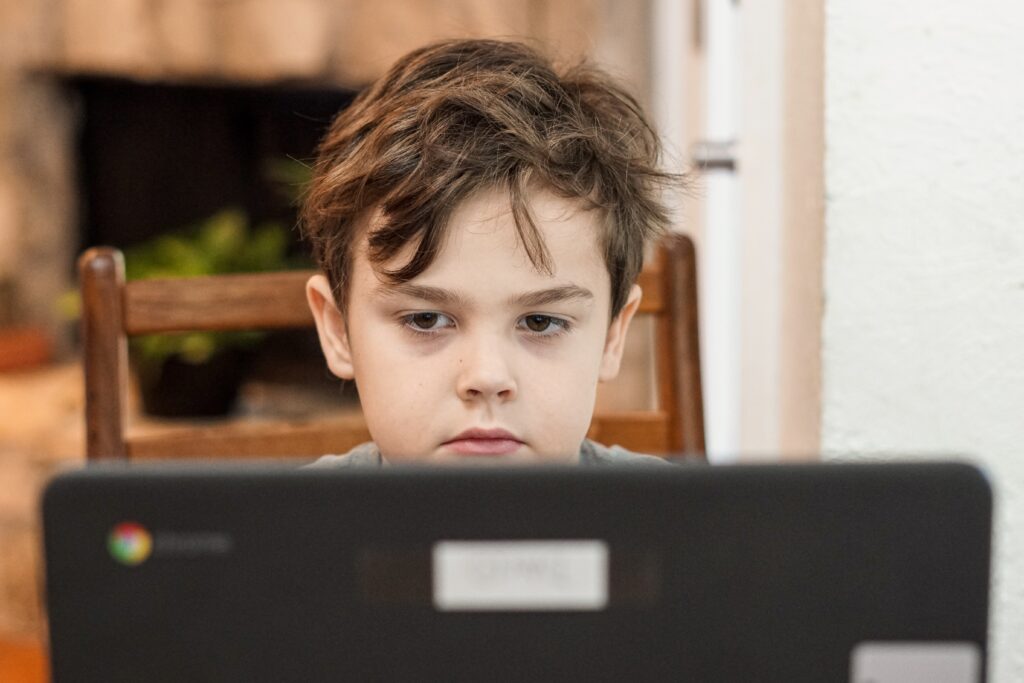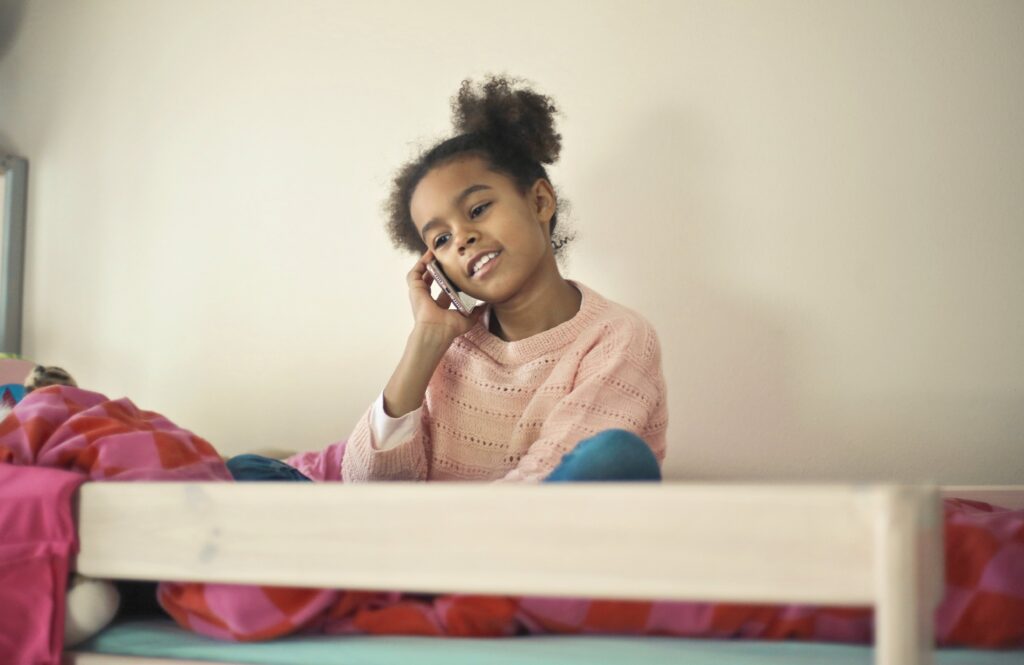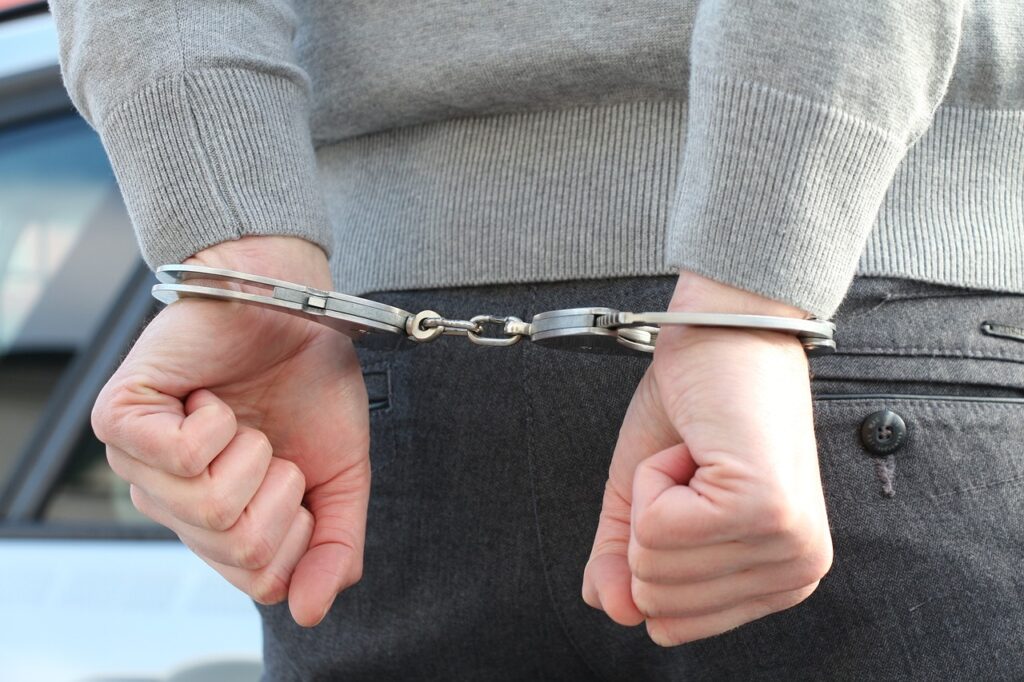Online safety bill to return to Parliament

Long-awaited, landmark legislation aimed at preventing online harm will return to Parliament in December after it was put on hold during the Tory leadership race in the summer.
The Online Safety Bill was in danger of being scrapped if it didn’t come back and get approved by each House of Parliament and receive Royal Assent by April next year.
In its current form, the proposed law would require tech giants like Facebook and Twitter to protect their users from harmful content. If they break the rules they could receive large fines or their site could be blocked by Ofcom.
The government has announced that the bill will make communications that encourage self-harm a new offence, bringing it in line with messages or posts encouraging suicide – which are already illegal.
The changes have been influenced by the case of Molly Russell – the 14-year-old who ended her life in November 2017 after viewing social media content linked to depression, self-harm and suicide.
The CEO of the Internet Watch Foundation, which coordinates action against child abuse imagery online, describing the return of the legislation as a “relief”.
Meanwhile, the NSPCC called for the bill to pass “without further delay”. Since it was promised four years ago, “online crime has exploded, child sexual abuse online has become rife, scams proliferated” said Shadow Commons leader Thangam Debbonaire.
Delays could spell the end for the bill because any bill that doesn’t receive Royal Assent by the end of a session in Parliament falls, but it can be “carried over”. However, this has already happened with the Online Safety Bill and it can only occur once.
The legislation would force social media platforms to tackle content that is not illegal but harmful – such as promoting self-harm and eating disorder content.
It would also make porn sites verify the age of users to prevent minors from accessing explicit material.
However, the bill has proved complex and controversial. There are calls for it to be scrapped, with critics arguing it will create censorship and it’s a threat to freedom of speech.
They say the threat of large fines for legal but harmful content could lead to platforms removing any controversial content. Tech firms shouldn’t get to decide what is policed online, they insist.
This week 70 experts and organisations signed an open letter to the Prime Minister expressing their concerns over the bill’s threat to end-to end encryption. The Open Rights Group said “if the UK Government can break encryption to read your messages, that means scammers, hackers and foreign governments can too”.
Teaching safety: Schools should put less emphasis on stranger danger

Safety advice for youngsters should focus less on stranger danger because strangers are not the sole or even the main offenders in online violence against children, say the World Health Organization (WHO).
Its report, What works to prevent online violence against children?, states that more emphasis should be given to “acquaintance and peer perpetrators”, who are responsible for the majority of offences.
The authors said: “Prevention strategies that emphasise avoiding contact with strangers or unknown adults will have limited effect and perhaps give misleading guidance. Prevention strategies would do better to focus more broadly on inappropriate behaviours by both acquaintances and strangers, and both adults and youth.”
The report recommends implementing school-based educational programmes that have multiple sessions, promote interaction among youth and engage parents.
The document also highlights the need for more violence prevention programmes that integrate content about online dangers with offline violence prevention, given the overlap of these problems and their common approaches to prevention.
“Studies find that two-thirds to three-quarters of cyberbullying episodes are connected with face-to-face bullying by the same harassers. Grooming victims often go to meet their groomers offline for sexual activities. Non-consensual sexting is frequently connected to abusive face-to-face dating relationships. Cyberstalkers stalk victims in offline as well as online venues.”
The WHO suggested more attention should be given to healthy relationship skills, since romance and intimacy seeking are major sources of vulnerability to online violence.
It said: “More programme content and messaging is needed to prevent abuse by acquaintances, peers and romantic partners, including content about healthy romantic relationships and how to avoid and terminate unhealthy ones.”
Don’t buy your child a smartphone, urges Children’s Commissioner

Parents have been encouraged to buy their children an old-fashioned phone without internet to protect them from harmful content.
The Children’s Commissioner for England believes that the world of social media is twisting young minds – and that we need to take action to combat the issue fast.
Dame Rachel de Souza, who was commissioned by the UK Government last year to review online safety for children, said mothers and fathers shouldn’t give in to pressure to buy smartphones, even if their children claim all their friends have one.
In her research, she discovered that it is “quite likely” for eight year olds to come across pornography online. She also warned about the “insidious” violent content teenagers are exposed to.
Speaking to The Telegraph, she made reference to the tragic case of Molly Russell, 14, who took her own life after accessing disturbing self-harm and suicide content. An inquest found social media contributed to her death.
Almost two thirds of children own a smartphone by age 10, according to Ofcom research from July this year. Even by the age of three or four, 39 per cent of youngsters are using mobile phones to go online.
“I think parents should think long and hard about monitored access to social media or actually access to social media at all,” she told the paper. “I do feel strongly that we need to be careful and manage this.”
In the interview, Dame de Souza also called on ministers to show “moral purpose” and ensure that the long-delayed Online Safety Bill is passed. She described the legislation as a “once-in-a-generation moment to ensure children are kept safe online”.
She added: “I honestly think that we will look back in 20 years’ time and be absolutely horrified by what we allowed our children to be exposed to.”
Boy, 13, exposed himself to older woman after copying porn, warns charity

A disturbing report of a 13-year-old boy exposing himself to an older woman after copying what he had seen in pornography highlights the dangers of exposure to explicit content at an early age.
Charity Barnardo’s told The i Paper that the youngster had been a keen sports enthusiast but spent more time online and watching hardcore videos while off school during lockdown. After he exposed himself and made sexually suggestive comments to his victim, she made a complaint and the pupil was arrested, convicted of a sexual offence and excluded from school.
A spokesperson told the newspaper: “When he was referred to Barnardo’s he disclosed that he had been specifically viewing content which portrayed men exposing themselves in public to women who enjoyed this and then engaged with the men sexually.
“Having never been aggressive or in trouble before, and his feeling of shame at discovering that women did not like this approach, the Barnardo’s professionals who supported the boy felt that his actions were directly linked to what he had seen portrayed online.”
Barnardo’s also revealed the case of a 10-year-old girl who caused concern among her teachers because she regularly made highly sexualised comments in school along with groans and moans. She said her favourite thing was “prawn”, meaning “porn”. The girl was supported by the charity to help her understand and change her behaviour.
Worryingly, pornography is just a click away for many children and as things currently stand there is no legal obligation for porn sites to verify the age of users. The proposed Online Safety Bill could enforce this.
News from elsewhere this week:
We’re child experts – the do’s and don’ts of keeping your kids safe online & the easy quiz all parents should take – The Sun
Instagram ‘wrong’ to take down drill music video – BBC
Twitch announces changes to improve the safety of young users – Bloomberg
Gooseberry Planet offers a package of over 50 lesson plans, slides, digital workbooks and online games for children aged 5-13 years. Visit our website for more details.
